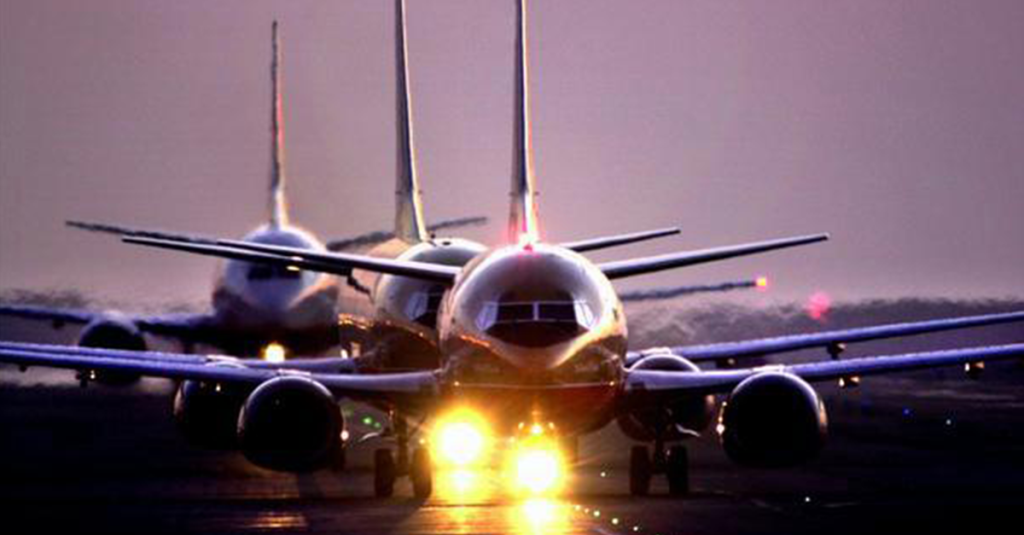Deregulation Keeps U.S. Air Travel Flying High

Competition in the U.S. air travel industry helps American consumers and foreign visitors receive top-notch airline services at a low cost. Unwarranted government interference in this market, similar to the Biden Administration Inquiry in November 2024, would lower the quality of services, raise prices, and waste federal funds. The September 30, 2025, Senate Judiciary Subcommittee on Antitrust, Competition and Consumer Rights hearing, “Examining Competition in America’s Skies,” should focus on how the American air travel industry is more competitive than ever and air travel is extraordinarily convenient, while rejecting any proposals to increase government regulations.
Following the enactment of the Airline Deregulation Act of 1978, which limited the government’s role in setting ticket fares and reduced entry barriers for new companies, American air travel skyrocketed while prices dropped significantly. In January 2022, there were 51.9 million passengers, and in January 2025, there were 70.7 million passengers – an increase of 19.8 million or 38 percent. Since 1995, the average domestic airfare decreased from $611 to $397, adjusted for inflation, while the average customer satisfaction index score grew from 69 to 74 points. New companies continue to enter the market, with Avelo Airlines and Breeze Airways joining the industry in 2021.
Besides saving consumers money, deregulation stimulated growth in tourism, improved supply logistics, and created well-paying jobs. Between January 1990 and July 2025, the total number of employees in the air travel industry (not counting airport personnel) increased from 562,196 to 1,022,215. As the number of airline regulations remains relatively low, the industry continues to grow and operate successfully, providing Americans and foreign visitors with safe and affordable services: nearly 90 percent of Americans have flown, half before their sixteenth birthday; and 8 out of the 10 busiest days in the Transportation Security Administration’s history were in 2025.
However, the Biden administration’s interference in the industry shows that it needs protection from misguided and burdensome policies. Throughout 2024, then-Secretary of Transportation Pete Buttigieg introduced an array of unnecessary mandates for passenger air carriers, allegedly intended to protect consumers. Instead, the new rules only stifled airlines’ economic activity. The Department of Transportation obligated companies to automatically refund passengers for what it deemed “significant delays,” although airlines always were upfront about their refund rules, and no government interference was needed. The Biden administration also prided itself on the populist crackdown on so-called “junk fees,” prohibiting extra charges for family seating and requiring the airlines to better disclose change fees and baggage fees, even though price transparency never seemed to be a problem. These unnecessary hurdles resulted in “higher basic fares for the passengers,” undermining the administration’s claims they would be beneficial.
The United States is on the precipice of a series of significant events, including America’s 250th birthday, the 2026 World Cup, and the 2028 Olympic Games. The airline industry must be ready to transport millions of passengers easily, safely, and affordably. During the September 30, 2025, subcommittee hearing, senators should focus on further deregulating the industry to create more positive economic effects instead of following the Biden administration’s mismanagement and excessive government interference.
